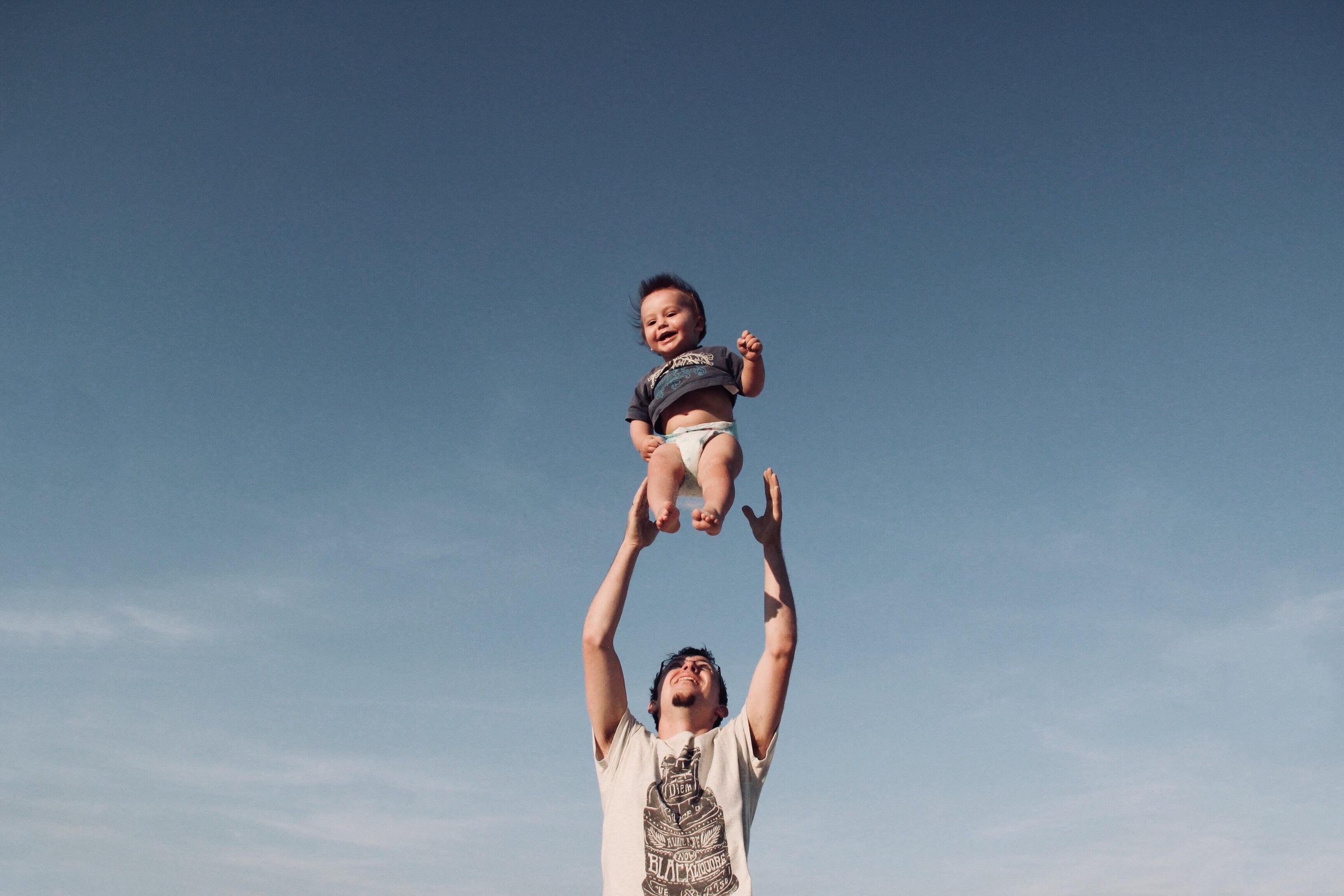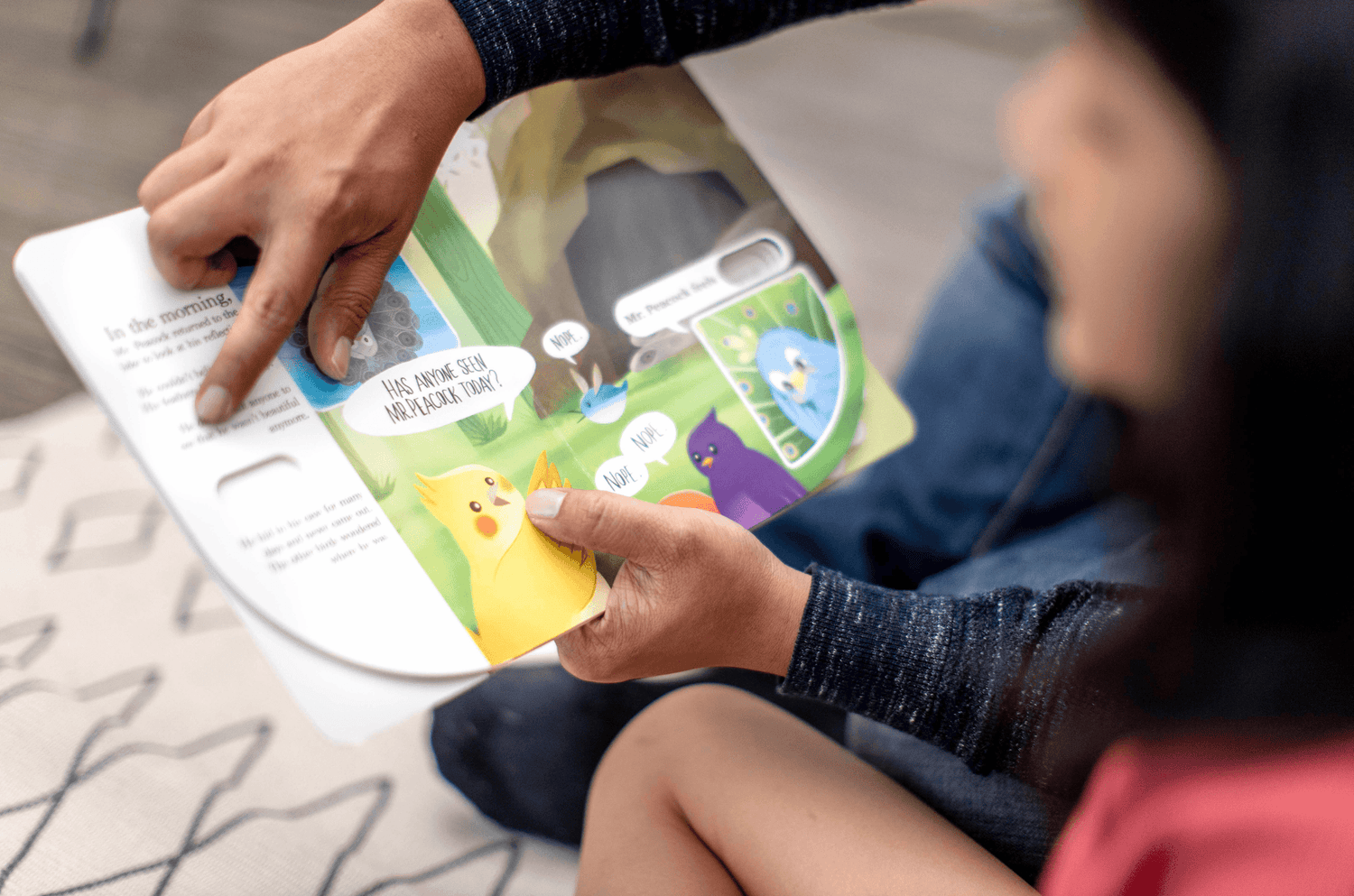Human babies are born with some extraordinary abilities that are eventually lost before adulthood. If you’re a fan of Darwin (natural selection, anyone?), you’ll understand how some of these traits can actually help your baby survive if they were in harsher environments.
1. Born to swim
Babies have what some call a ‘diving’ or ‘swimming’ reflex. When cold water touches their face, their heart rate slows and they instinctively hold their breath. This reflex is also seen in seals and other aquatic animals.
2. Other reflexes

Doctors will often test reflexes as a sign of a healthy central nervous system. Try to place a finger in your baby’s palm - their palmar grasp reflex allows them to hold on tight. Or when you brush the side of their cheeks or lips, the rooting reflex makes them turn towards the stimulus and begin sucking. Or the moro reflex, which is a ‘startle reflex’ that we don’t advise trying at home.
3. Being cute…?
Is this a skill? Researchers claim it is. Babies are so dependent on their caretakers for survival that they need to be cute. A study found that adults generally find babies cuter than toddlers, and toddlers cuter than older children. Cuteness drops at around the time children gain independence (around 4 yrs according to the study).
4. Extra synapses for extra learning
Your baby has a lot more synapses (connections between their neurons), which means there’s a lot more brain activity going on in their little heads! Over the years, playing and learning experiences shape how their synapses are pruned and rewired. By age 3, their brains are 80% developed.
5. Little dancer

Studies have shown that babies are born with a sense of rhythm. They seem to instinctively respond to rhythm and tempo, and may even find music more engaging than speech. That’s why it’s important to sing and dance with your little one!
6. Babies deprive their parents of approximately 44 days of sleep.
This is a skill indeed - there aren’t many things we would lose sleep over but we’d happily do it for our little ones.
Babies are both an enigma and fascinating to study. They can’t communicate, yet we’re able to learn so much just by observing them. Next time you look at your little one, just remember that they are full of wonders.



